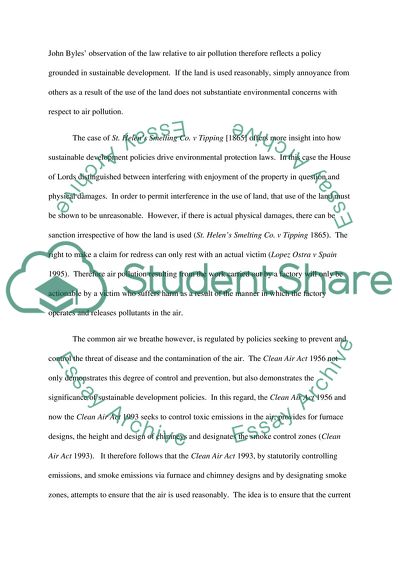Cite this document
(Essays about Factors Affecting the Effectiveness of Environmental Law Essay, n.d.)
Essays about Factors Affecting the Effectiveness of Environmental Law Essay. Retrieved from https://studentshare.org/law/1748667-essay-about-environment-law
Essays about Factors Affecting the Effectiveness of Environmental Law Essay. Retrieved from https://studentshare.org/law/1748667-essay-about-environment-law
(Essays about Factors Affecting the Effectiveness of Environmental Law Essay)
Essays about Factors Affecting the Effectiveness of Environmental Law Essay. https://studentshare.org/law/1748667-essay-about-environment-law.
Essays about Factors Affecting the Effectiveness of Environmental Law Essay. https://studentshare.org/law/1748667-essay-about-environment-law.
“Essays about Factors Affecting the Effectiveness of Environmental Law Essay”. https://studentshare.org/law/1748667-essay-about-environment-law.


